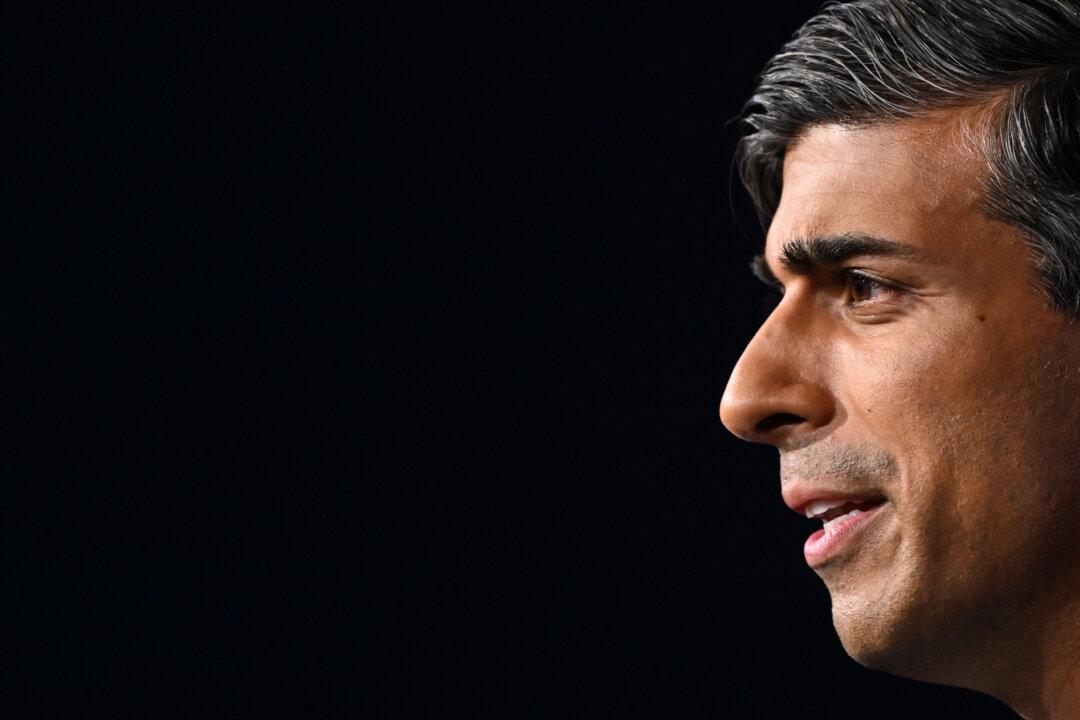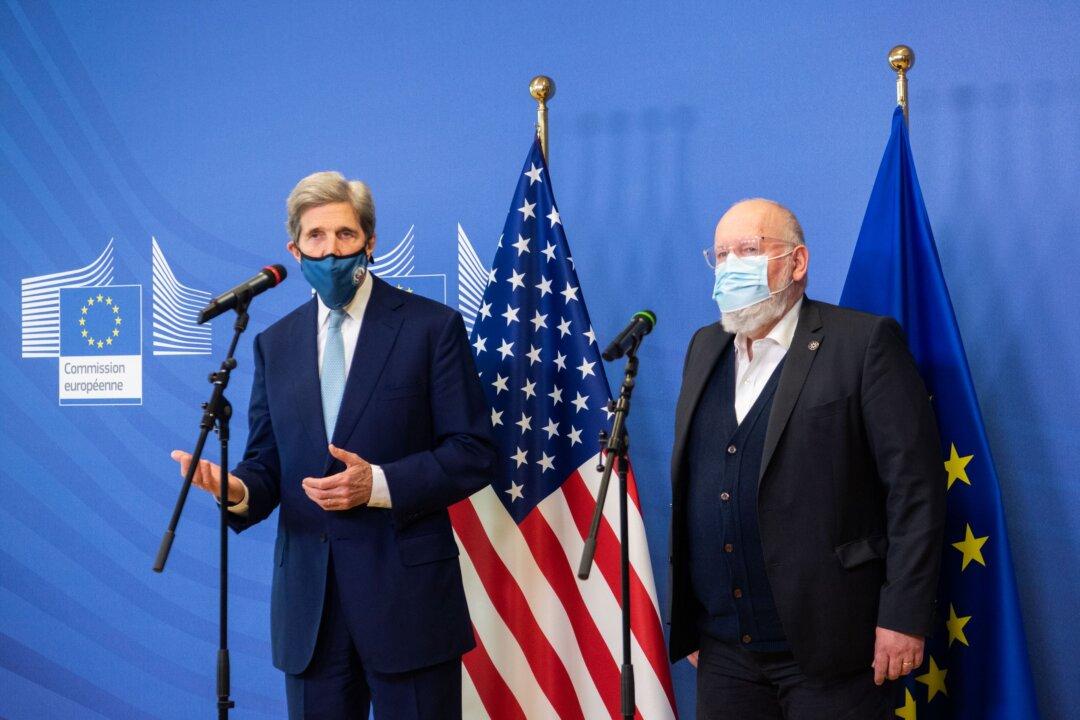Commentary
In the third of his four part review of Terrence Keeley’s Sustainable, Rupert Darwall writes that ESG rests on a vision of the free-market economy that says capitalism needs to be led by people with the right values, which raises the question: Whose values? This makes ESG inherently divisive, explaining the pushback ESG is now generating in red states. Keeley proposes a solution in keeping with the pluralism and diversity of modern America.





